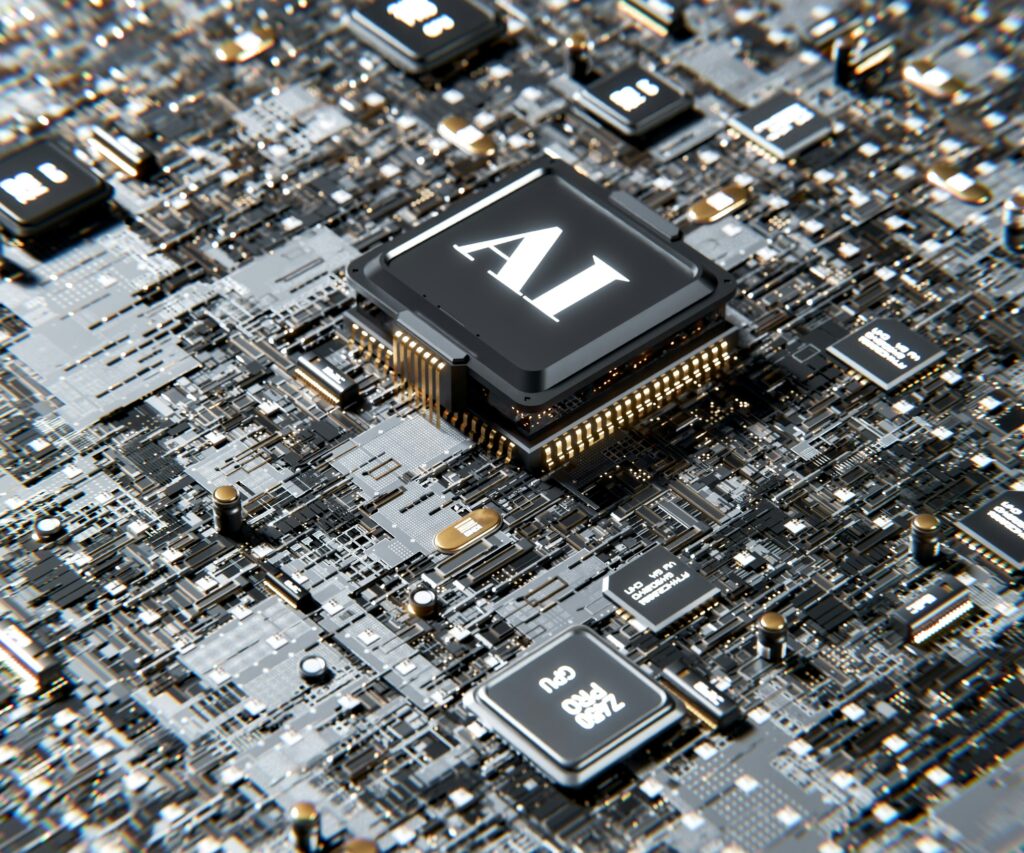
Artificial intelligence (AI) is when computers are designed to do tasks that usually need human thinking—like learning, making decisions, or understanding language. It includes different technologies like machine learning, deep learning, and natural language processing.
What does AI do in primary care?
AI tools can support healthcare teams with the following.
Recording notes more easily
Tools like Clinical Note Support help doctors and nurses create clinical notes or referral letters during your appointment, saving time and reducing paperwork.
Clinical decision support
Some AI systems suggest possible diagnoses or flag drug interactions, helping clinicians make informed decisions based on the latest guidance.
Triage and booking
AI chatbots may help assess symptoms online and suggest whether you need to see a doctor, book an appointment, or seek other help.
Managing long-term conditions
AI can monitor trends in patient data (like blood pressure or glucose levels), helping identify when someone’s condition might be getting worse.
What kind of data is used?
AI systems in primary care might use:
- Clinical notes and referrals: Text about your visit created by your doctor or nurse.
- Diagnostic tools and monitoring data: Results from blood tests, scans, or wearable devices.
- Health questionnaires or online symptom checkers: Information you submit via online platforms.
Your identifiable data is only used where necessary, and access is strictly limited to those involved in your care.
How is my data protected?
- Security: Data is encrypted and stored securely.
- Access controls: Only authorised healthcare professionals can view your information.
- Regulation: All systems must comply with data protection laws, including the UK GDPR and NHS guidance.
What are the benefits of using AI in Primary Care?
- More time for you: AI can help reduce admin tasks, giving clinicians more time to listen and care for you.
- Faster referrals and follow-up: AI can streamline processes, helping ensure you get the right care quickly.
- Better monitoring: It can help spot problems early, especially in long-term conditions.
What are the limitations of using AI in primary care?
- AI is not perfect. It may sometimes misunderstand context or make suggestions that a human must review.
- Clinician oversight is essential. AI supports, but never replaces, professional judgment.
- Limited understanding. AI doesn’t ‘understand’ your emotions or concerns — it processes patterns, not human experience.
How do we manage the limitations?
- We perform assessments with privacy and security experts before we start using the system
- We closely monitor how the system is working
- We meet with the suppliers to ensure that the system continues to improve
- We welcome feedback and involvement from patients and staff
- We ensure that there is human oversight
